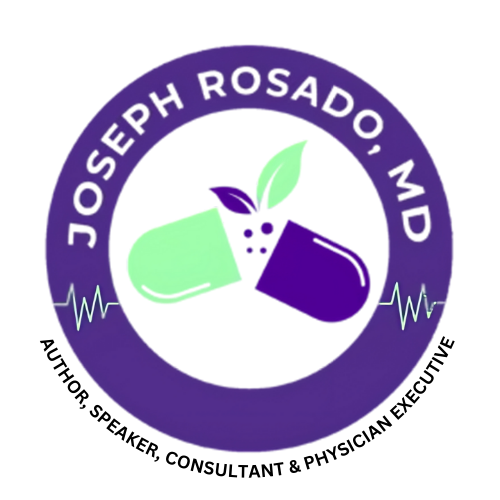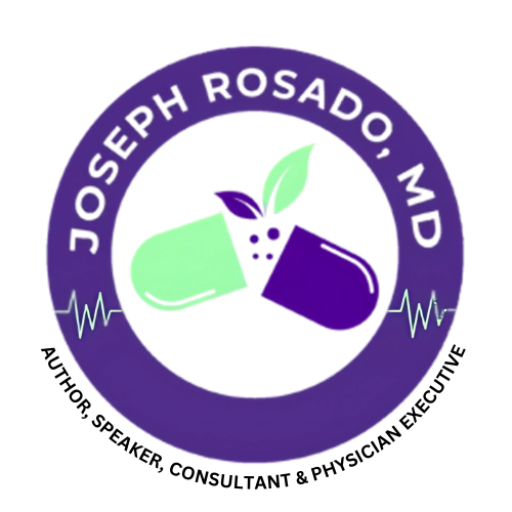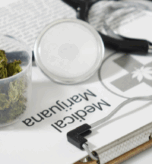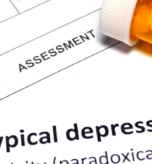Understanding Remission in Major Depressive Disorder (MDD)

Emerging from a major depressive episode can feel like stepping out of a prolonged emotional fog. As symptoms ease and daily life starts to feel more manageable, it’s natural to wonder: Is this remission—and what does it really mean?
Remission doesn’t imply that depression is permanently gone. Instead, it signals a meaningful phase in your recovery where symptoms are significantly reduced or no longer present. It’s a critical opportunity to stabilize, rebuild, and focus on sustaining your emotional well-being
What Does Remission Mean in MDD?

In clinical terms, remission from Major Depressive Disorder means that the person no longer meets the diagnostic criteria for depression. Symptoms have significantly decreased or disappeared altogether, and emotional functioning has returned to a more stable, manageable baseline.
There are two main categories used by mental health professionals:
- Partial Remission: Some depressive symptoms are still present, but not enough to meet full criteria for MDD.
- Full Remission: No significant symptoms are present for at least two months.
Remission is not the same as “cure.” Depression is often a recurring condition, but remission offers breathing room—and a chance to rebuild.
Signs You May Be in Remission

While every person’s journey is different, here are common signs you may be entering remission:
- You’re waking up with more energy or purpose.
- Negative thoughts no longer dominate your day.
- You’re enjoying things again—even small moments.
- Sleep and appetite patterns have stabilized.
- You’re engaging with others more easily.
You feel emotionally resilient and less overwhelmed.
What Happens After Remission?
Remission is often followed by one of two outcomes:
- Recovery: You remain symptom-free for six months or more.
- Relapse or Recurrence: Symptoms return either shortly after remission (relapse) or after a period of recovery (recurrence).
This is why post-remission care is essential. Treatment doesn’t stop just because symptoms fade.
How to Maintain Remission
- Stay Consistent With Treatment
Whether it’s medication, therapy, or both, continue your treatment plan as advised—even if you feel better. Discontinuing too soon can trigger relapse. - Build Daily Structure
Regular routines—sleep, meals, physical activity, and downtime—help regulate mood and energy. - Monitor Your Mood
Keep track of your emotional patterns. Apps, journaling, or check-ins with a therapist can alert you to early warning signs. - Maintain Support Systems
Stay connected with friends, support groups, or mental health professionals who know your history. - Address Residual Symptoms
Even if you’re mostly better, lingering symptoms (like fatigue or irritability) should be addressed before they accumulate.
When to Seek Help Again

Remission doesn’t mean you won’t ever feel low again—but certain changes warrant early action:
- Trouble sleeping or eating returns
- Persistent irritability or numbness
- Withdrawal from people or hobbies
- Difficulty concentrating
- Hopeless thoughts resurface
These may be early signs of relapse—and the sooner they’re addressed, the easier they are to manage.


Frequently Asked Questions (FAQs)
Not exactly. Remission means symptoms are minimal or gone, but depression may return in the future. Ongoing care helps prevent relapse.
Not without medical guidance. Suddenly stopping medication can trigger a return of symptoms or withdrawal effects.
Consistent mood, good sleep, restored appetite, energy to engage in life, and emotional resilience.
Yes. Therapy can help maintain emotional insight, improve coping skills, and prevent relapse.
For some, yes. Others may experience occasional setbacks. Long-term remission is possible with consistent care.
Stay engaged in your treatment plan, manage stress proactively, build supportive relationships, and check in with your provider regularly.
Absolutely. Feeling sad sometimes is normal. Depression is marked by persistent, overwhelming symptoms—not occasional emotion.
That’s personal. If you need workplace support, sharing limited info with HR under ADA protections may be helpful.
Partial remission is still progress. Work with your provider to fine-tune treatment and focus on next steps.
Remission Is the Start of a New Chapter

Reaching remission isn’t the end of your journey—it’s the beginning of your return to a more stable, fulfilling life. You’ve made it through the hardest part. Now it’s time to focus on rebuilding, reconnecting, and protecting the progress you’ve earned.
With continued support, small lifestyle shifts, and compassionate care, long-term recovery is not just possible—it’s within reach.





